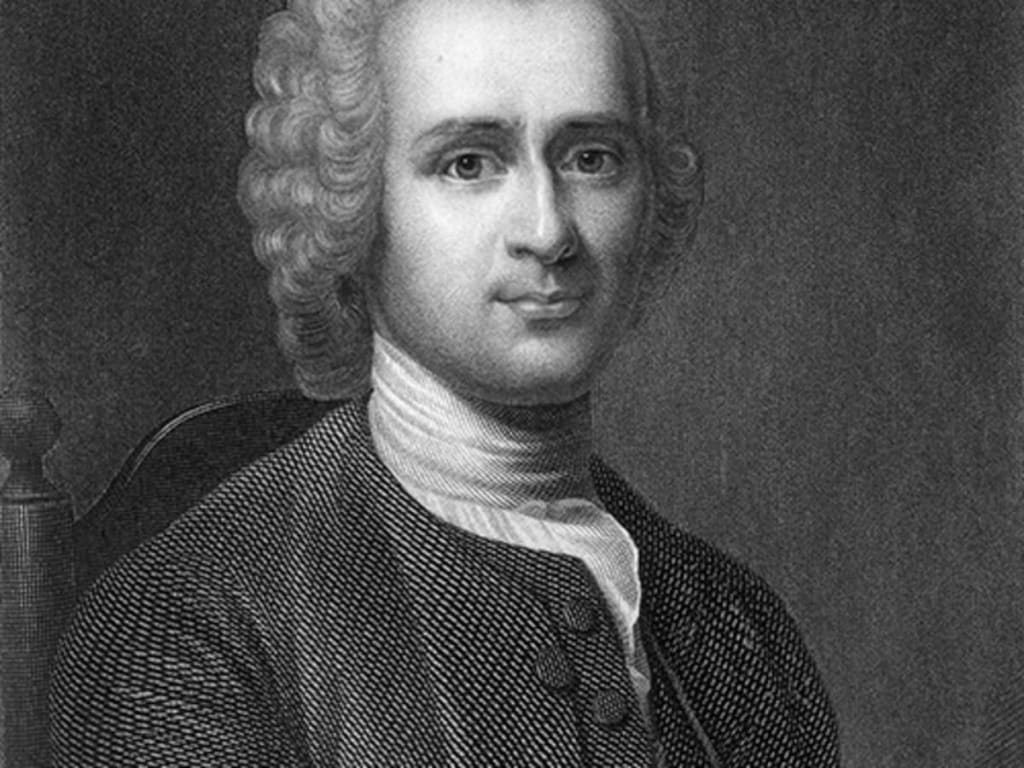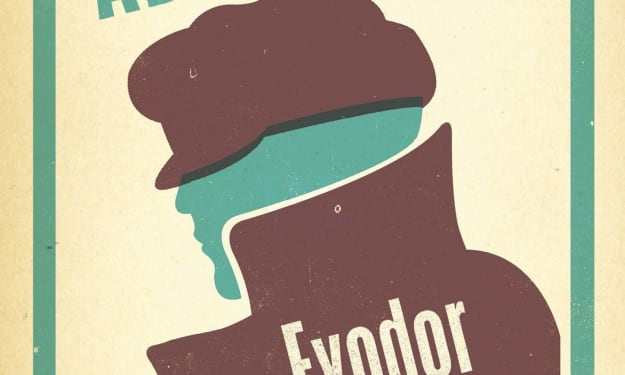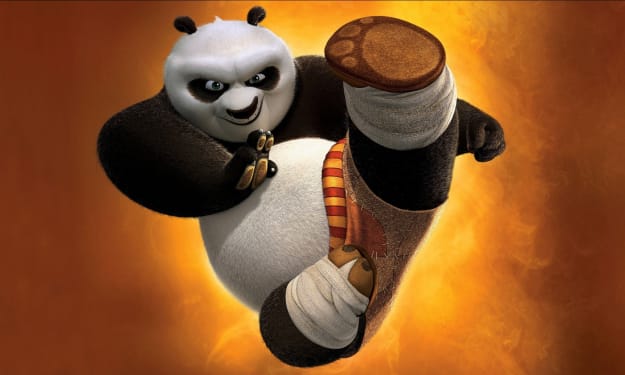The Importance of Reading "The Confessions" by Jean-Jacques Rousseau
His incredible autobiography...

Jean-Jacques Rousseau was one of the father’s of the European Enlightenment. Born, like Victor Frankenstein, in Geneva - Rousseau’s own ideas would come back to haunt him after he expressed free-thinking and individualism to the extent that he may have accidentally started the ball rolling towards the first leg of the French Revolution and whatever it was that led to Robespierre’s ‘Reign of Terror’ during the years 1789-1799. In the book “Confessions” he tells his life story only a few years before his death. He begins even before the beginning as he starts with the lovely romance of his parents and the fact that his birth caused the death of his dreamy, romantic mother. This therefore crushed his father and instead of becoming averse to the child, he seems to have done the opposite - instead showering praise and attention on him since this was the last memory of his wife that he had. Rousseau tells the story of how he was his father’s favourite, how he was nursed by the adults around him as he was born a sickly child who could’ve died. The importance of this is for Rousseau to tell us the real story - he was not an underprivileged child, in fact he was adored, taught, nursed and praised by all of the adults around him. He tells us that there is no ‘sob story’ apart from his mother’s death to which he did not actually experience. However, it is still an important story because it also teaches us how Rousseau became Rousseau. The man who started the European Enlightenment.
As Rousseau grows up, one of the lessons we learn is that even though his parents were rich, when they died there was hardly anything left for Rousseau himself. Therefore, sadly, we already know that the praise and attention he gets when he is younger at the hands of rich uncles, aunts and his father - is short-lived. When he reads when he is little, he reads his mother’s collection of chivalry and romance. He reads almost Arthurian Legends and yet, when he runs out of these, he moves on to Plutarch and other, more in-depth knowledges of these almost Arthurian people who actually existed. It is this connection from fiction to real life that creates this personality in Rousseau - a personality for learning how to be one of these people that fills his own imagination. Of course, it is the fictional state of self that made him forget his real state of self and as he got older and older, this state became less and less likeable to himself. Therefore, his respect for solitude comes right out of his want to read.
Rousseau’s writing is very important as he writes of melancholy and depression almost one hundred or so years before it became an actual mental state. If you read the states of solitude and depression from Mary Shelley’s Frankenstein and the chapters 1723-1728 from Rousseau’s book, I think you will be pleasantly surprised. The character of Victor Frankenstein can be more and better realised through the man, Jean-Jacques Rousseau. Rousseau is almost a Frankenstein-natured character through his ideals of wanting to be a better man and yet, his dissatisfaction of not actually becoming one by the time of his death. It is one of the attributes of the later, Romantic, era in which dissatisfaction with the earth-bound self makes appearances in the poetry of Keats, Byron, Shelley and even in Blake. Rousseau also admits that this dissatisfaction has also been the cause for him not having the life that he wanted - something that was not wholly peaceful and has, in its time, caused him to be far more depressed than you would like to think a man of his particular stature.
The beginning of the book 1728 to 1731 is one of the best pieces of writing, in my opinion, that Rousseau has ever put out. Making his own way, leaving his parents, leaving his apprenticeship halfway through and leaving everything he knows behind, even the country he knew - he was making his own way and yet, knew every risk there was doing so. He travels about the outer parts of Geneva and stays with random people whom he says don’t offer charity because charity means there is an air of superiority. These people received him as a family member, or a friend - even though they didn’t know him at all. The kindness of this chapter really makes you think that this is the ‘up’ of Rousseau’s life - but again it is veiled in Rousseau’s imposter syndrome of ‘why are they being so nice to me?’ The virtue and kindness in this chapter is strange because it is a complete change from the chapter before. But this again, is a lesson from Rousseau, that life is not just one straight road with just one feeling - there are numerous feelings and yet, we must encounter each one of them in order to ‘complete’ our lives. We cannot have the good without the bad and vice versa. It creates an imbalance.
Rousseau’s teachings about our own emotions and how we must deal with them by going to search for, not purpose, but ourselves - is something that was well ahead of its time. Everyone knows that the capitalist purpose is fleeting, but searching for ourselves and searching for where we are happiest is something that Rousseau was preaching far before that Instagram ‘wellness’ account you follow. “Confessions” is therefore a lesson about feeling and tolerance of ourselves. As time goes on, we have less and less tolerance of ourselves and we start to contemplate the situation of our existence more and more, ultimately - there is no point to contemplate too heavily and thus, we should be constantly searching. In the end, it is the better days we will reflect upon when we are old and dying. By the way, Rousseau’s own book seems to be a complete antithesis of that former statement I know, but we aren’t here to discuss the hypocrisies.
The lessons are many, and when Rousseau observes other people there is a great amount of appreciation for their efforts of what is social and philosophical. There is a certain ‘hoping for the best’ aspect of his character, answering questions he couldn’t possibly know the answers to. Rousseau’s own life reflects his learning about different emotions as he becomes more and more involved with different women and more and more involved with different ideas. From the depression of his youth to the philosophies of love, Rousseau explores everything and, as the father of the European Enlightenment - it is only assumed that he would spend the rest of his life trying to answer the questions he asks.
About the Creator
Annie Kapur
200K+ Reads on Vocal.
English Lecturer
🎓Literature & Writing (B.A)
🎓Film & Writing (M.A)
🎓Secondary English Education (PgDipEd) (QTS)
📍Birmingham, UK






Comments
There are no comments for this story
Be the first to respond and start the conversation.